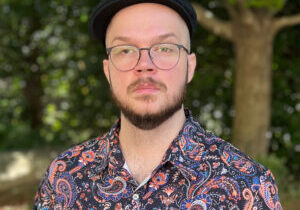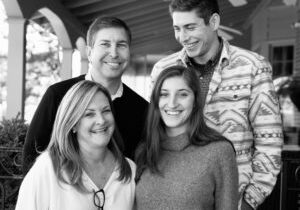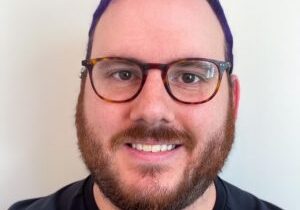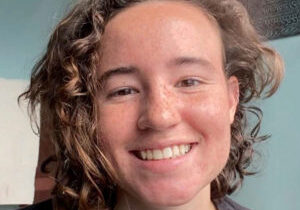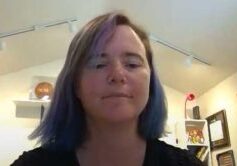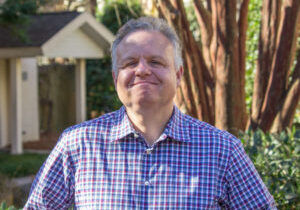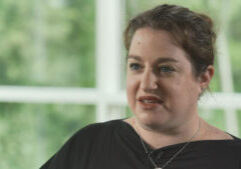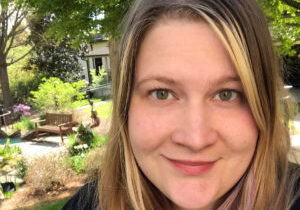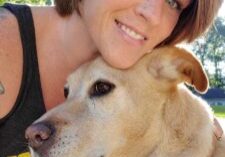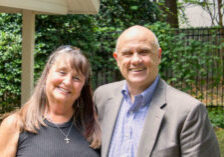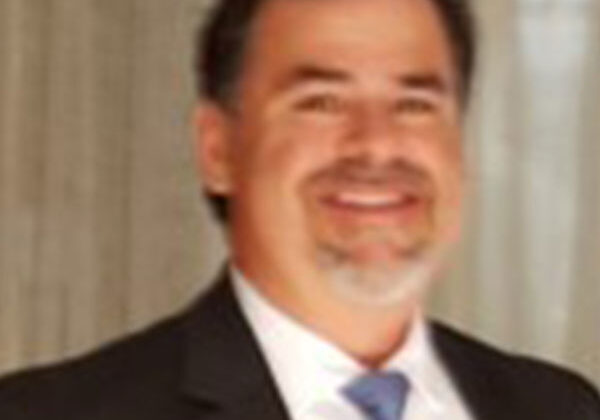Residential Treatment for Depression
Skyland Trail is nationally recognized as a top treatment center for depression. At Skyland Trail, we tailor the treatment plan to each individual. In addition to helping patients find an effective medication strategy, our holistic recovery program gives our clients the opportunity to learn about their illness and adopt skills and strategies to cope with emotions and situations that may trigger depression.
Residential treatment is our most intensive level of care for depression treatment. Residential treatment often is the best next step for adults leaving a hospital or acute care facility. Adults with depression may also admit directly to our day treatment program (PHP) in Atlanta.
Comprehensive Depression Treatment
Clients work with a multidisciplinary treatment team. A structured weekly schedule includes one-on-one and group sessions.
One-on-one sessions with a psychiatrist
A dedicated psychiatrist will help find a medication strategy for major depression (and other co-occurring disorders) that works for you. Finding the right medication strategy - one that improves mood, concentration, and energy and minimizes side effects - is an important step toward feeling better.
Transcranial Magnetic Stimulation (TMS)
On-site TMS therapy is available when clinically indicated for clients whose depression symptoms do not resolve with medication.
One-on-one sessions with a therapist
Clients are matched with a dedicated therapist with specialized experience in treating depression
24/7 Residential Support
Help to restore healthy sleep and meal routines. And encouragement to end isolation and actively engage with a welcoming community of peers.
Healthy Eating and Active Living
A dietician and personal trainer help clients boost their mood through healthy eating and active living
Art, Music, and Nature Therapy
Clients who have lost interest in all activities participate in hands-on groups that reintroduce fun, joy, color, texture, nature, music, and movement.
Skills and Education Groups
Learn new skills and tools for preventing and managing depressive episodes.
Peer Support & Specialized Groups
Specialized groups support clients who identify as LGBTQ or BIPOC as well as clients in similar stages of life or with similar challenges, for example clients who are parents, clients who are experiencing grief or loss, or clients working toward sobriety.
Client Stories
Evidence-based Treatment for Depression
Clients with no symptoms of psychosis likely will participate in our cognitive behavioral therapy (CBT) specialized recovery community.
Cognitive Behavioral Therapy (CBT) is a well-tested specialized type of psychotherapy shown to be effective in treating depression. CBT suggests that individuals' thoughts, behaviors, and feelings are inextricably linked and affect one another. The goal of CBT is to control and change thinking, actions, and feelings through collection and use of observable data. Homework assignments and peer group reflections help in that process.
CBT focuses on what a person is experiencing here and now; it is not focused on going back and reviewing the hurts of your childhood. While we acknowledge the role or your past on your current illness, we focus treatment on the present, specifically on recalibrating thinking.
Clients with co-occurring borderline personality disorder may be assigned to the dialectical behavior therapy (DBT) recovery community. DBT also may be appropriate for clients with depression who struggle with emotion regulation, self-harm, or frequent suicide attempts.
DBT progresses through four key modules: emotion regulation, interpersonal effectiveness, mindfulness, and distress tolerance.
DBT helps clients learn skills to manage intense emotions, stress, and challenging situations to live a "life worth living."
Some people who have major depressive disorder also experience psychosis, often in the form of paranoia. Young adults may experience a first episode of psychosis (FEP) as part of a depressive episode. Medication is critically important for psychosis because everything gets worse every next day someone lives with untreated psychosis.
Clients experiencing depression with psychosis likely will enter the cognition and first episode (CAFE) recovery community. Once the psychosis is resolved through medications and therapy, clients may transition to the cognitive behavioral therapy (CBT) recovery community if clinically appropriate.
All clients experiencing psychosis participate in computer-based cognitive training to prevent cognitive decline and improve executive functioning.
If clients need help recovering from a substance use problem, we help them address both their depression diagnosis and their substance use issue simultaneously, which research shows is essential for full recovery.
Clients with co-occurring substance use disorders are assigned to a recovery community like cognitive behavioral therapy (CBT) to address the symptoms of depression as well as an additional dual diagnosis (DD) recovery community. Clients in the dual diagnosis recovery community meet in an additional daily group focused on understanding the addictive process, managing cravings, utilizing community supports and preventing relapse.
Trauma – particularly when experienced in early childhood – is very predictive of developing all mental illnesses, including depression. Skyland Trail practices trauma-informed mental health care. Trauma-informed care allows trauma survivors to first address the symptoms of a diagnosed mental illness like depression before processing their trauma.
Throughout treatment, care providers acknowledge that the client has experienced trauma and validate the emotions arising from that experience. But the treatment team does not ask the client to describe or re-live the trauma in any way. Treatment strategies are focused on helping the client develop skills to handle difficult emotions and stressful situations in healthy ways.
Completing trauma-informed psychiatric treatment for a mood disorder like depression allows clients to develop insight, adopt skills, and build a strong foundation for healthy living. Clients who are trauma survivors are then better prepared and equipped to pursue formal trauma treatment with a specialized mental health provider.
Some clients may be assigned to our cognitive processing therapy group (CPT). CPT allows clients to address "stuck points" caused by their traumatic experience. Removing these stuck points, while not processing the trauma itself, allows clients to make more meaningful progress in therapy.
CBT for Depression
Skyland Trail psychiatrist Dr. Mary Burns describes Cognitive Behavioral Therapy (CBT) and how it is used to treat depression.
Age-Appropriate Depression Treatment
- Going to college
- Having new financial responsibilities
- Experimenting with alcohol or substances
If young adults do not have healthy coping skills and an effective treatment strategy in place, they may find themselves in crisis or unable to function on a day-to-day basis.
We offer more than 150 different groups each week. Some groups are more general and are appropriate for clients of all ages and diagnoses. Other groups are more specialized. Examples of groups that address the unique challenges of young adults are those focused on healthy relationships in young adulthood, identity and insight, and social and assertiveness skills.
A men's peer support group, women's peer support group, LGBTQ peer support group, and BIPOC support group also are offered as part of the holistic curriculum.
Family therapy with our family therapist may be recommended as part of the client's treatment. Family therapy helps families redefine individual roles within the family system, learn to support one another in healthy ways, and improve communication.
With the clients permission, families receive regular updates from the client's treatment team.
Skyland Trail's residential and day treatment programs for major depressive disorder and persistent depressive disorder are effective for midlife, mid-career, and older adults. Transitions in this stage of life can trigger an episode of depression after several years of remission. Some triggers might include:
- the death of a parent
- becoming a parent
- losing a job
- experiencing divorce
Other individuals may have struggled with depression symptoms for many years, trying different medications and therapies without getting better.
We offer more than 150 different groups each week. Some groups are more general and are appropriate for clients of all ages and diagnoses. Other groups are more specialized. Examples of groups that address the unique challenges of this age group are those focused on loss and grief, finding work-life balance, anger and acceptance, codependence, and healthy relationships in middle to late adulthood.
A men's peer support group, women's peer support group, LGBTQ peer support group, and BIPOC support group also are offered as part of the holistic curriculum.
What is TMS for Depression?
Skyland Trail offers transcranial magnetic stimulation (TMS) as a service for our residential and day treatment clients. TMS is an FDA-approved noninvasive treatment for adults with depression. TMS uses a low intensity magnetic pulse to create an electrical current in the brain. The electrical current is narrowly targeted to stimulate the left prefrontal cortex, which is implicated in depression. Multiple studies have indicated that TMS is an effective treatment for major depressive disorder with low risks and minimal side effects. TMS may be an appropriate and effective therapy for adults:
- with treatment-resistant depression
- whose depression symptoms have not responded to medications
- who cannot take antidepressant medications due to allergies or other contraindications
A Holistic Approach to Wellness
In addition to medication and therapy, through our horticulture, arts and music programs, individuals can build confidence, identify and externalize potentially difficult feelings, and address symptoms through creative expression and social interaction. We provide education about the increased risk for medical diseases and help prevent those diseases through our primary care and wellness program.
Our clients have the opportunity to explore potential spiritual resources through interfaith spiritual counseling. And, because an important part of therapy for individuals with depression is shifting their focus outside of themselves, our clients participate in organized humanitarian efforts and in our vocational services program to set and work toward goals for school, work or volunteer activities.
Learn More About Depression
7 Ways Skyland Trail Attacks Treatment Resistant Depression
Comprehensive strategies for treatment resistant depression
Medication Management
Learn more about medication management at Skyland Trail
Psychosis Diagnosis and Treatment
Psychosis is a symptom of many mental health disorders, including depression.
The Pharmacology of Antidepressant Medications
Learn about effective medications for depression
Understanding Midlife Depression
Learn about presentation and treatment of depression in midlife
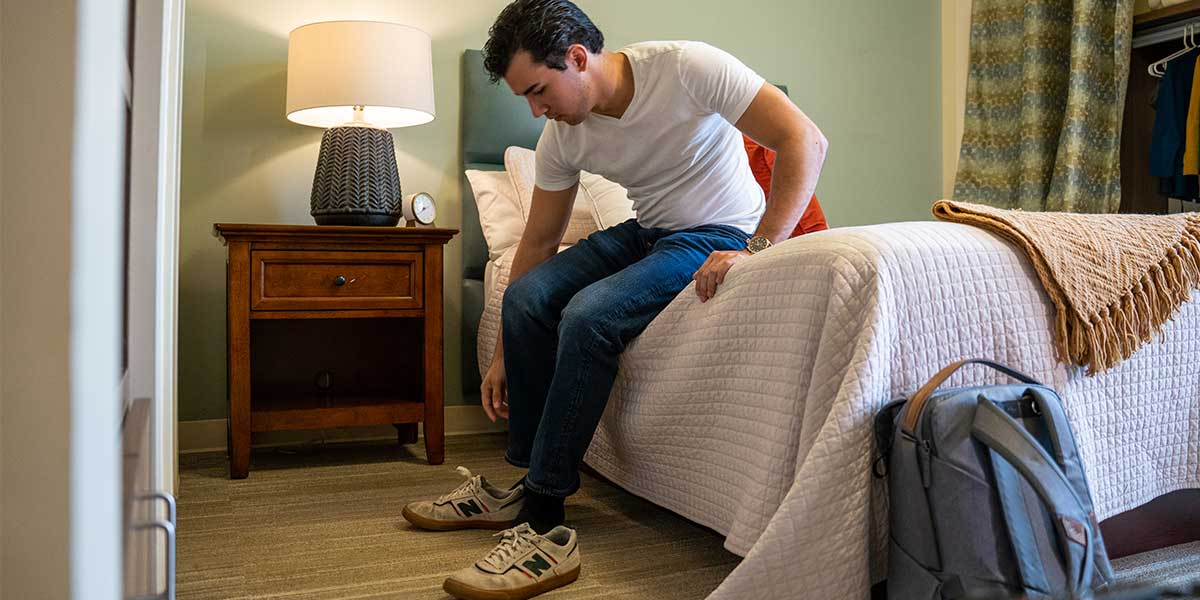
What is Residential Treatment?
24/7 Care & Support
Adult clients in residential treatment for depression receive 24/7 care & support. They reside on campus in private rooms with private bathrooms.

What is Day Treatment?
Nonresidential Intensive Care
Mental health day treatment, sometimes called partial hospitalization program or PHP, provides a more intensive therapeutic experience than meeting with an outpatient therapist once a week. Clients live independently or with family in the community and come to the Skyland Trail campus for treatment Monday through Friday.





